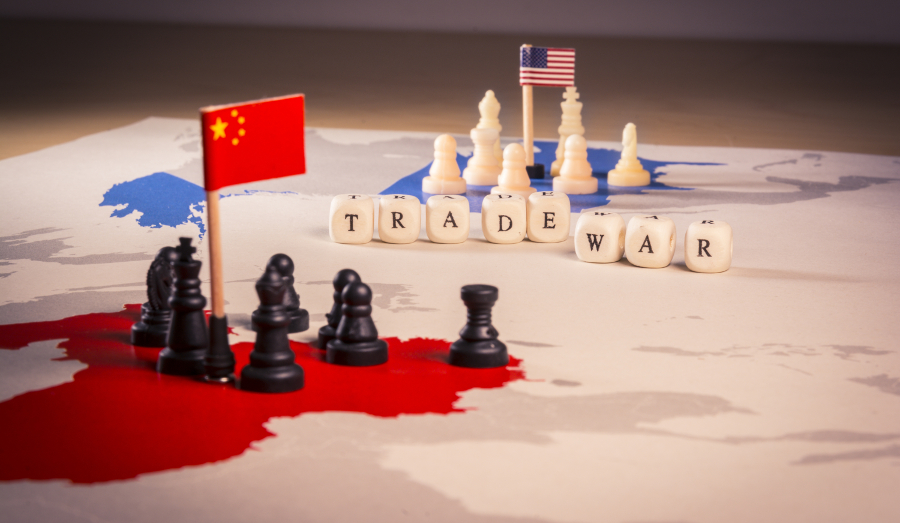Anyone who thought the trade war between China and the US would come to an end anytime soon is sorely mistaken. And if President Trump thought that by enacting tariffs against Chinese products he could force China to the bargaining table, he miscalculated too. The Chinese have decided that if Trump wants to play hardball then they’re going to play hardball too. American consumers and producers could end up paying the price.
With tariffs set to come into effect on all imports of Chinese products, everything will get more expensive for American consumers. The tariffs are expected to increase the cost to the average American household by nearly $1,000, and that could even be underestimated. If you’re in the market for big ticket items like washing machines, dishwashers, or dryers, you’re going to spend hundreds or even thousands of dollars more than you would have just a couple of years ago.
China has also offered its semiconductor producers significant tax breaks for the next five years. That will help them offset the decreased business that will result from the US’ tariffs. But the real test of the trade war will be to see if China really puts the screws to the US by exercising its twin nuclear options: banning the export of rare earth metals and selling off its holdings of US Treasury securities.
If China enacts a ban on rare earths, it would severely hurt Western companies that depend on those minerals to produce electronic devices. China is the source for 80% of rare earth metals produced in the world today, so prices on a whole host of electronics would go through the roof. It’s unlikely that Wetsern producers would be able to find and establish new sources for those metals anytime soon.
And with China still holding over $1 trillion in US Treasury securities, selling those securities could push bond prices down and send yields soaring, just what an over-leveraged and increasingly indebted US economy can’t afford. In the end, no one wins a trade war. Everyone loses, the only question is how much. Let’s just hope that the trade war reaches an amicable conclusion soon and that normal trade relations can resume so that consumers aren’t too adversely affected.
This article was originally posted on Red Tea News.





